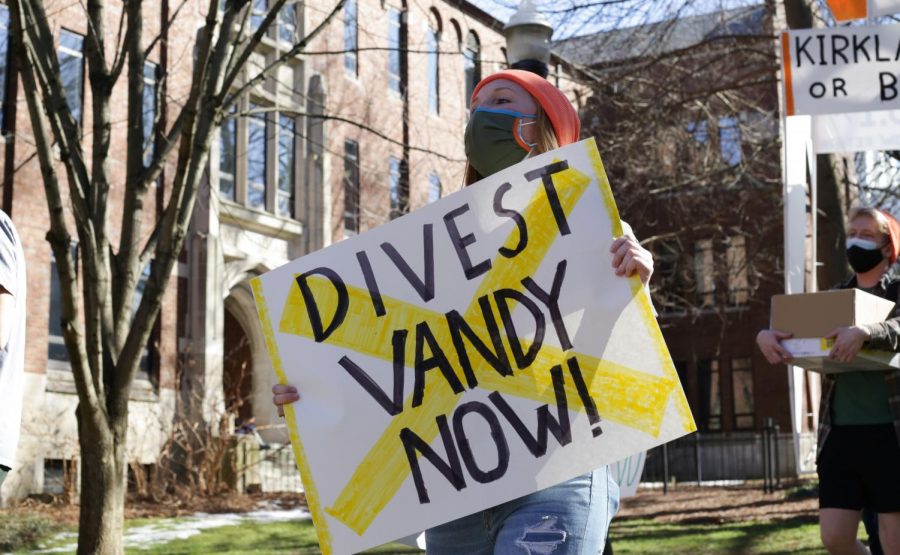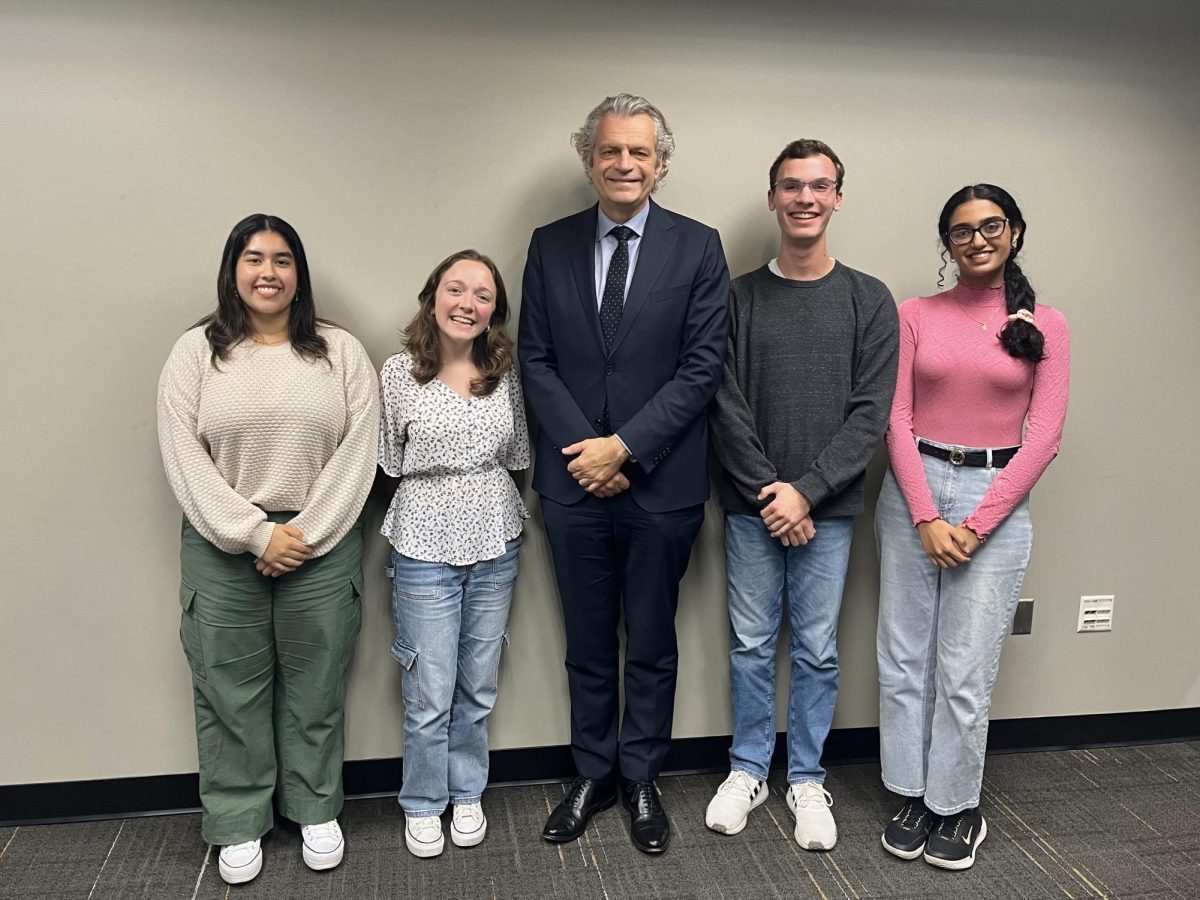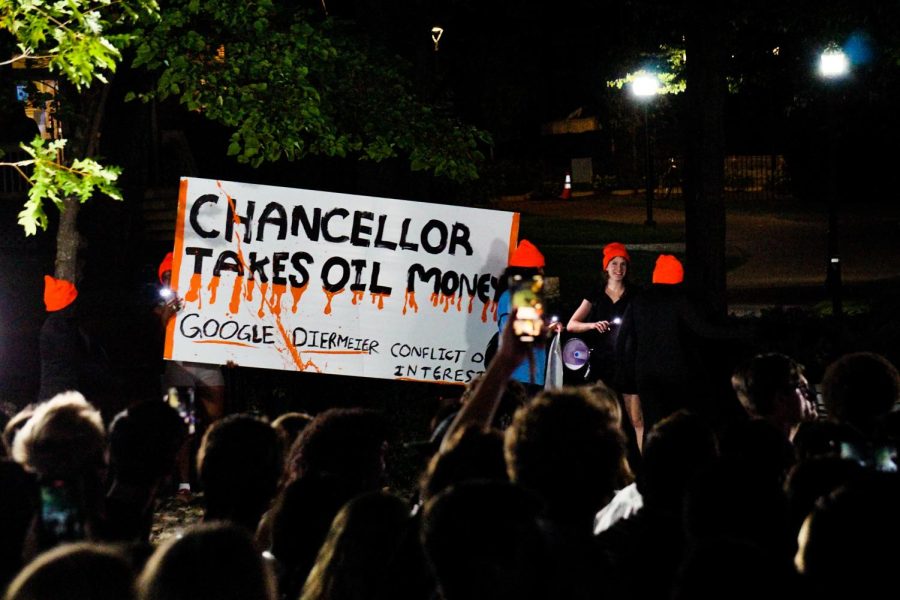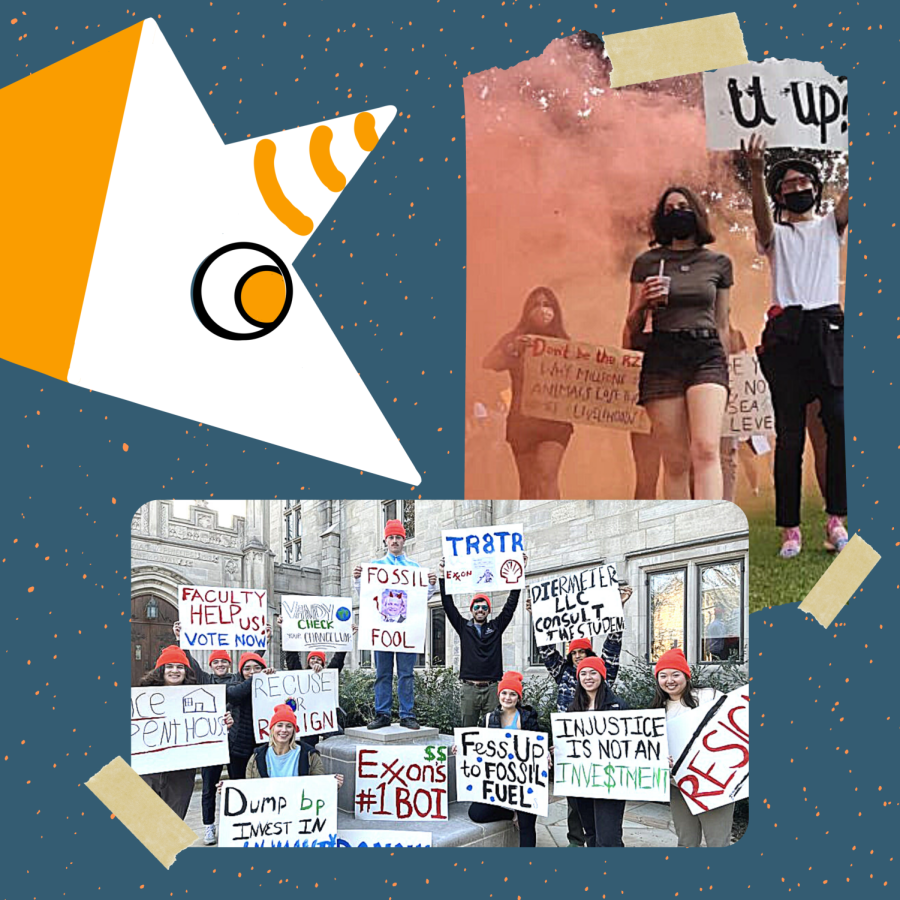Vanderbilt recorded a 57.1 percent increase in endowment in 2021, totaling its value to over $10.3 billion and making it one of the 20 largest university endowments in the U.S.
According to the 2021 Vanderbilt Financial Report, this rise is mainly attributed to Vanderbilt’s increase in investment in fiscal year (FY) 2021 compared to FY 2020. The university invested $3,919 million more in 2021 than in 2020, a 56 percent increase in investments. The report also mentions other contributing factors to the endowment increase, such as the net impact of new endowment gifts and institutional endowments.
Vice Chancellor for Investments and Chief Investment Officer Anders Hall Hall referred to the strong stock market this year as the biggest cause of the increased endowment in an email to The Hustler.
“The endowment comprises a series of thousands of individual gifts that donors generously provided, and which include specific directions on how to allocate financial support,” Hall said.
Hall said the endowment is usually used to support the university’s mission, including research, faculty and student financial aid, and scholarships.
“Financial aid has been a priority for Vanderbilt, and the endowment will provide even more support in this area,” Hall said. “More than a quarter of the endowment distribution goes to scholarships and financial aid.”
The university did not respond to The Hustler’s request for comment regarding whether part of the endowment will be used to improve workers’ conditions.
Miguel Moravec, a second-year Ph.D. student and organizer for Dores Divest, stated that the university’s mission should be focused on the long-term purpose that the endowment could serve instead of annual growth. He specifically stated that it is “unfortunate” that part of the university’s endowment is made from investing in fossil fuels, as it decreases the value of students’ future in a world threatened by climate change.
“Fossil fuels are a part of the natural resources portfolio and that portfolio played a very insignificant part of the growth in increasing Vanderbilt’s endowment— almost 5 percent,” Moravec said. “Instead of investing in an industry that is collectively harming all of society, which will ultimately hurt all investments in the future, Vanderbilt should divest.”
Moravec mentioned that the Office of Investments is respectful of Dores Divest’s questions and concerns but does not always address them.
In reference to Vanderbilt’s role in climate change and investments in fossil fuels, Hall said Vanderbilt is at the forefront of developing innovative solutions to fight climate change.
“Vanderbilt is tackling climate change head-on by working toward its goal of powering its campus entirely through renewable energy and committing to carbon neutrality,” Hall said.
He also pointed out that Chancellor Daniel Diermier has consistently said that the endowment is not meant to endorse a particular policy or cause but rather to support students and faculty.












Gary • Sep 21, 2022 at 7:38 pm CDT
The board of directors have all drank the kool-aid. If you run your university as a Political PACs then you should be accountable for this. How can you not provide grants to students off ALL income levels with 10 billion in endowments money. Are you afraid your blood line will be damaged with THOSE people.